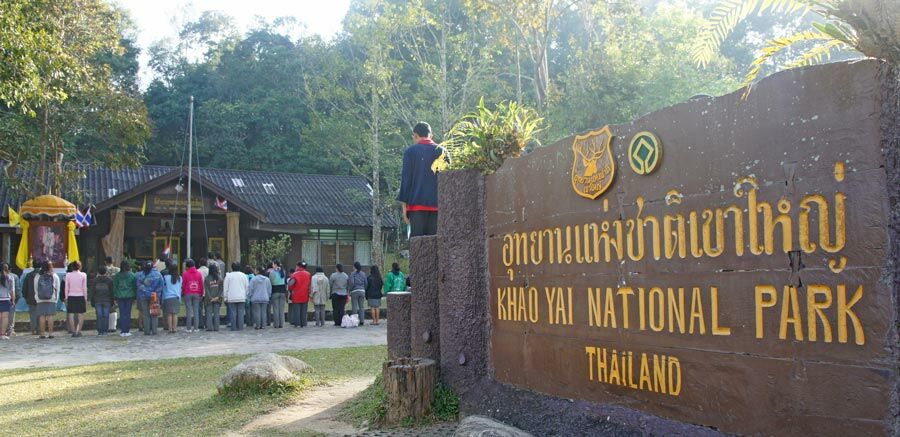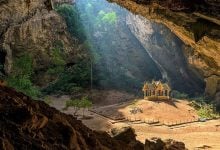Concerns over Khao Yai National Park land allocation plans

The Department of National Parks, Wildlife, and Plant Conservation (DNP) has strongly opposed the Agricultural Land Reform Office’s (ALRO) plan to allocate portions of Khao Yai National Park to farmers.
The authorities are concerned about the encroachment of agricultural practices into fertile forest zones.
Chaiwat Limlikitaksorn, the director of the National Parks Office, expressed grave concerns after learning that nearly 3,000 rai of land within the Khao Yai National Park, a world heritage site, has been marked for farming under the Sor Por Kor (agricultural land title deed) policy. Furthermore, over 500 rai of planted forests under the Department of Royal Forest’s purview has also been included in ALRO’s plan for Sor Por Kor 4-01 (agricultural land for the poor) rights. The initiative to plant forests is part of the government’s strategic plan to increase green spaces.
“We have found that ALRO has prepared to announce Sor Por Kor land rights in many protected areas in the fertile forest, especially national parks in northern Thailand. This is our prime concern. We have lost too much already. We don’t want the case of Tab Lan National Park to happen again when 200,000 rai was turned into Sor Por Kor land.”
The Department of National Parks was alerted by the local village chief about the allocation of almost 3,000 rai of land within Khao Yai National Park by the land reform office. This led to the department launching an investigation, confirming its ownership of the land. Parts of the land have already been converted into mango farms, and the forest officials are taking legal action against five farm workers for encroachment.
The Mapping and Land Text Management Bureau of ALRO has marked 2,933 rai of land inside Khao Yai National Park for Sor Por Kor land allocation. Of this area, 972 rai has already been issued Sor Por Kor 4-01 rights to five individuals, who, according to Chaiwat, are neither farmers nor poor.
The village chief further clarified that ALRO’s Sor Por Kor announcement does not mention the sizes and locations of land allocated to these individuals. He also emphasised that the area is a fertile forest where no agricultural activity is visible.
Setting boundaries
The forest department has removed the boundary markers installed by ALRO, cleared the mango trees, and removed the Sor Por Kor land signage from the area. Additionally, it has filed a complaint against ALRO’s offices, including the provincial ALRO chief, for legal misconduct, reported Bangkok Post.
“Since the policy of the Sor Por Kor land for sale was approved, we have been afraid that similar cases will occur. Many forest areas have now become a main target for reallocation into Sor Por Kor lands.”
The DNP director called upon civil society to closely monitor the situation, pointing out that the Office of the National Land Policy Board appears to have been granted absolute power. He also questioned ALRO’s transparency.
Chaiwat highlighted that the value of the plots of land within Khao Yai National Park is approximately 30 million per rai, leading to questions about who will benefit from it and who is the actual owner of the land.
Latest Thailand News
Follow The Thaiger on Google News:


























